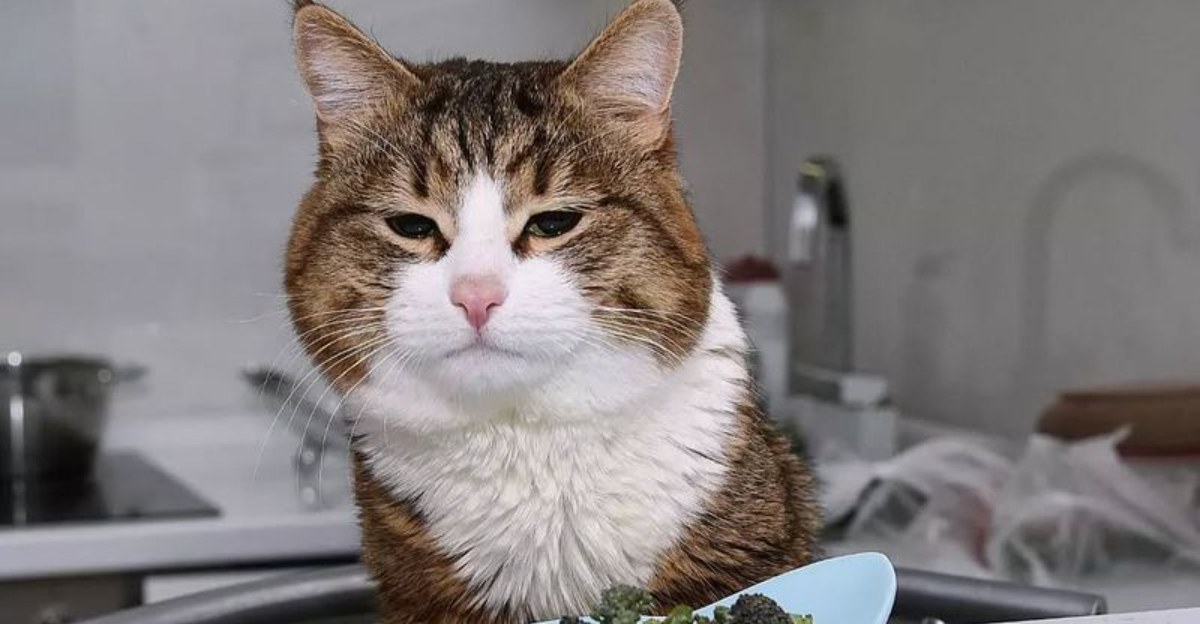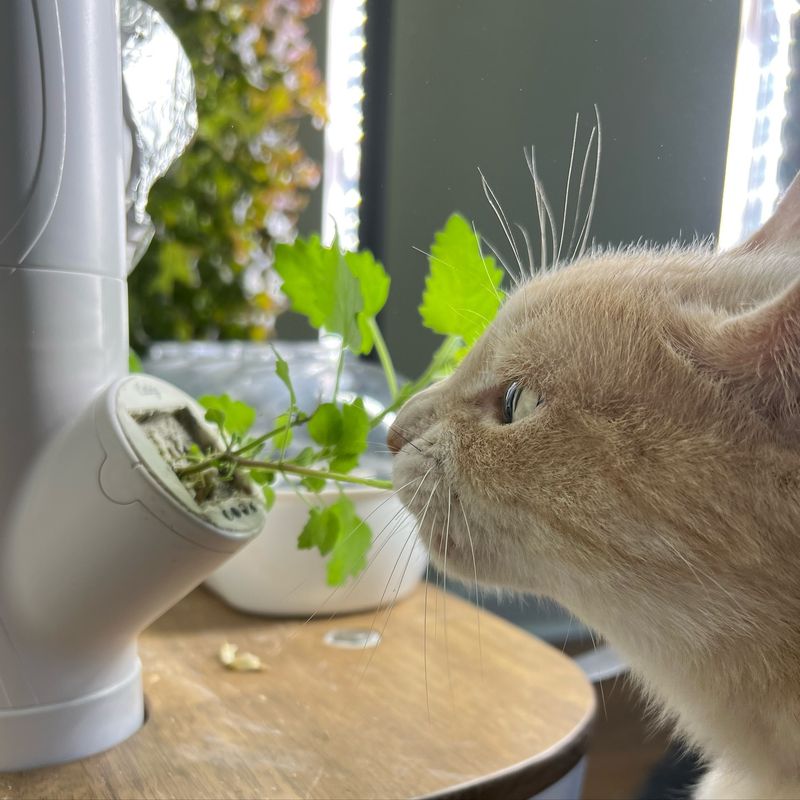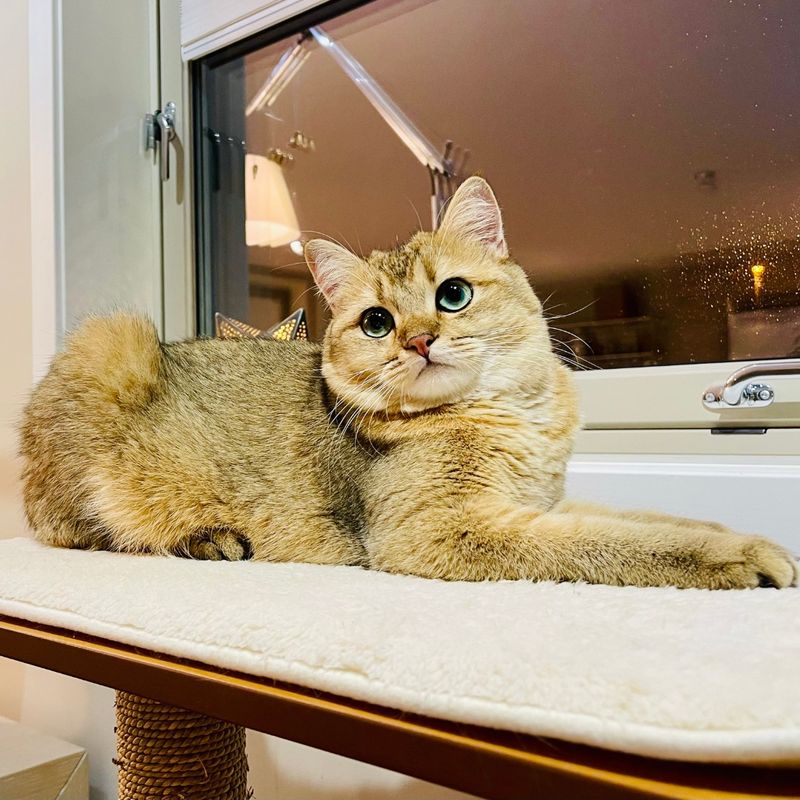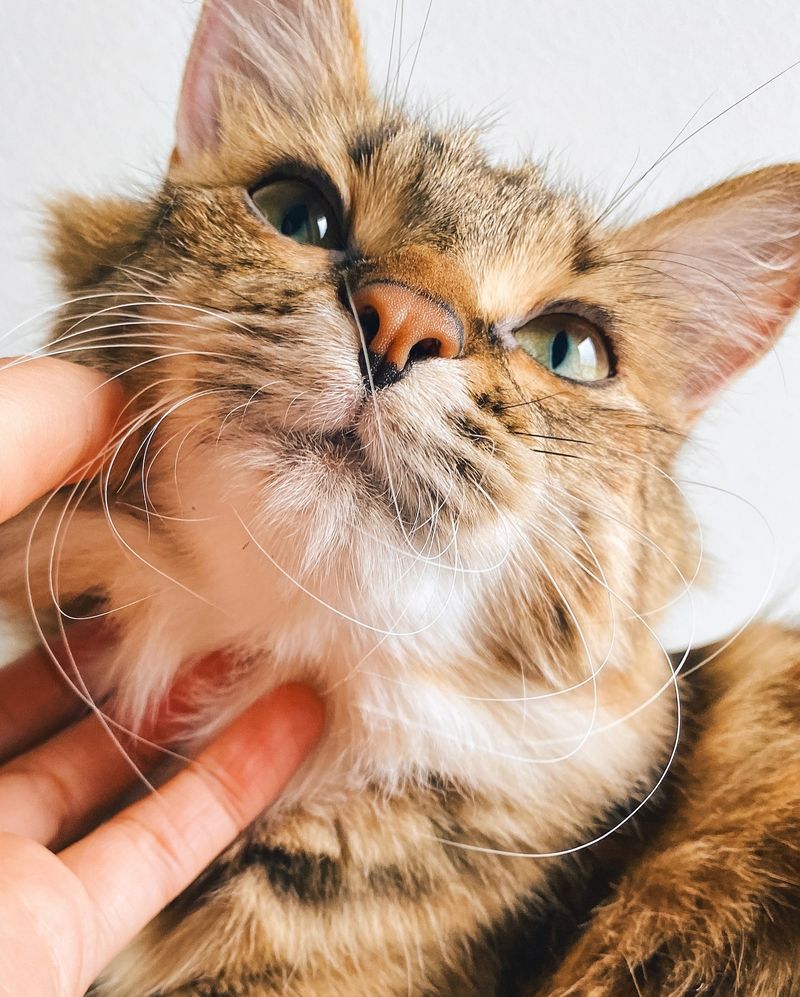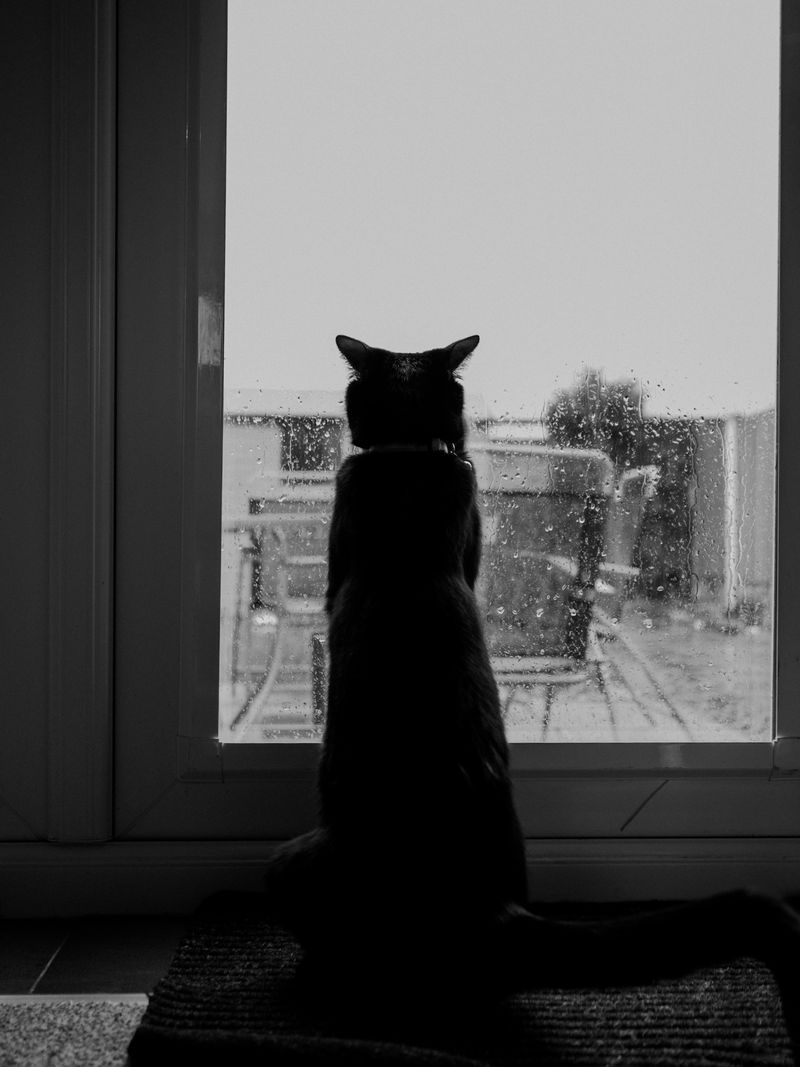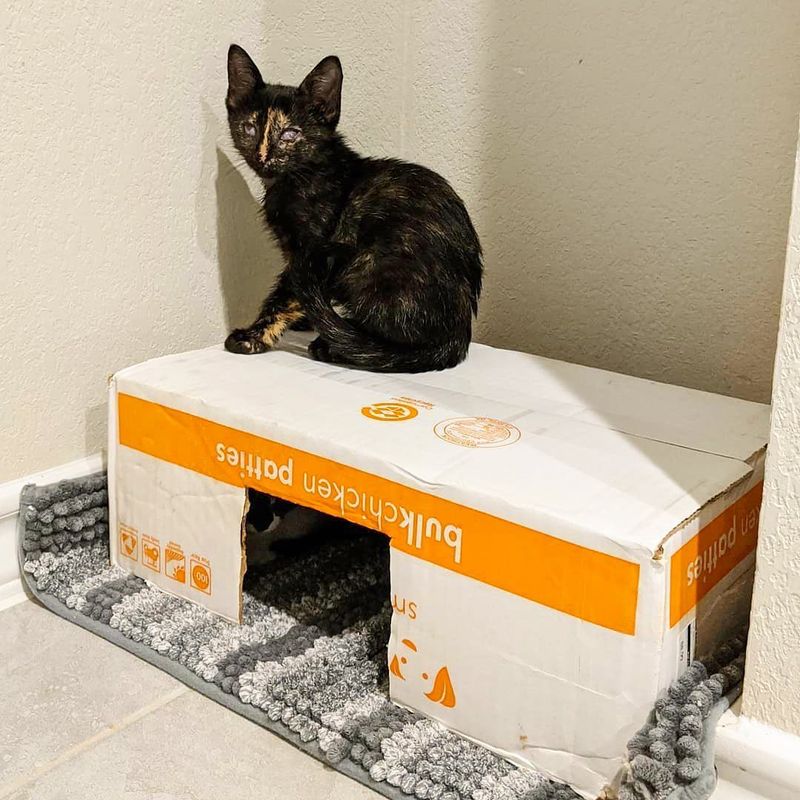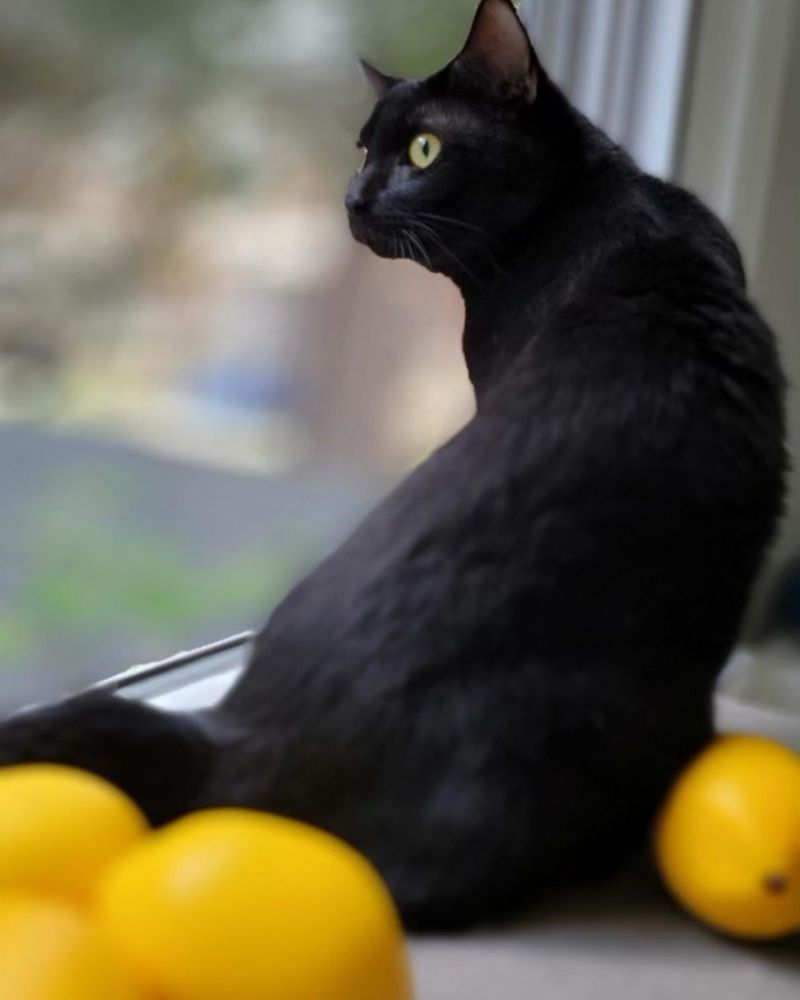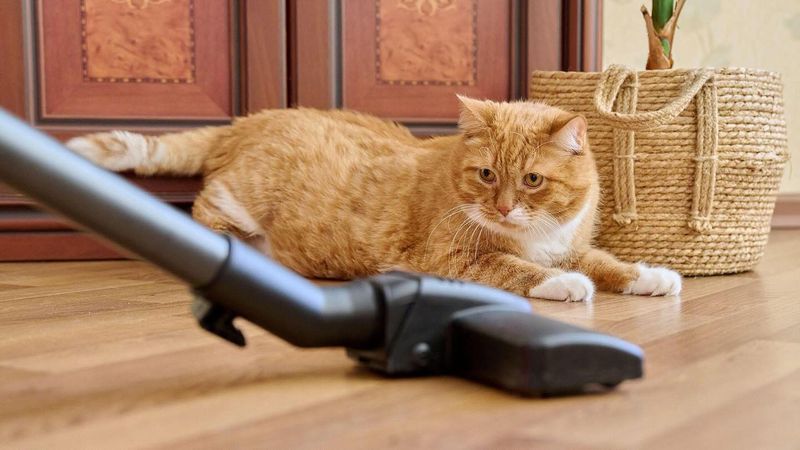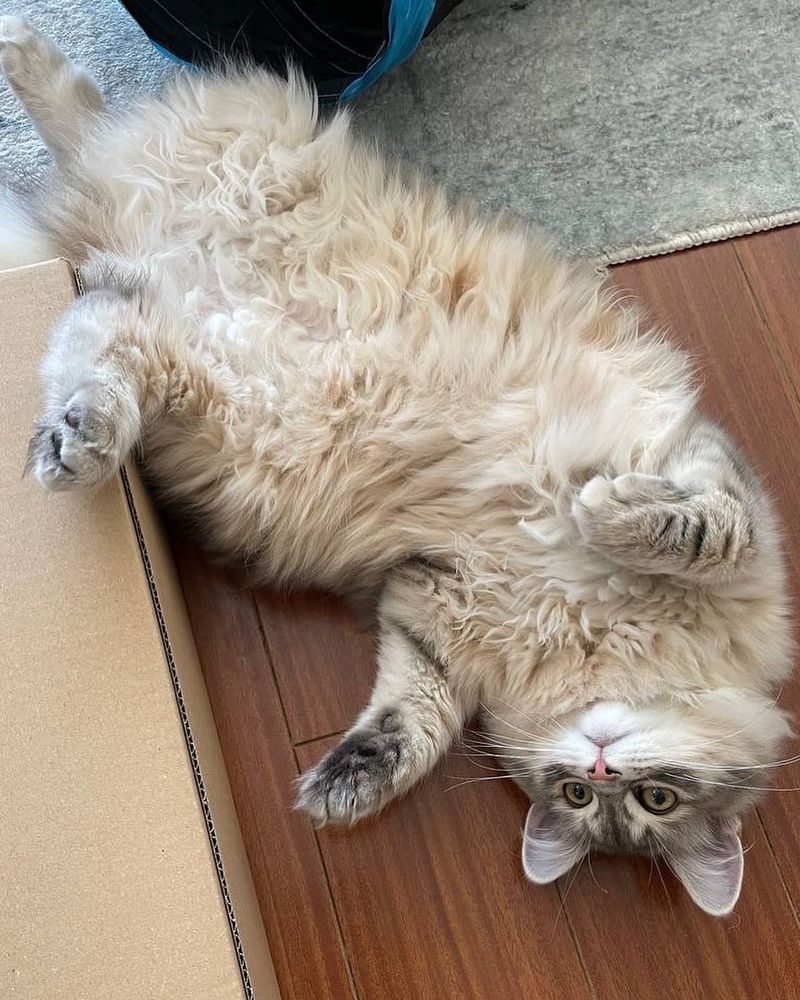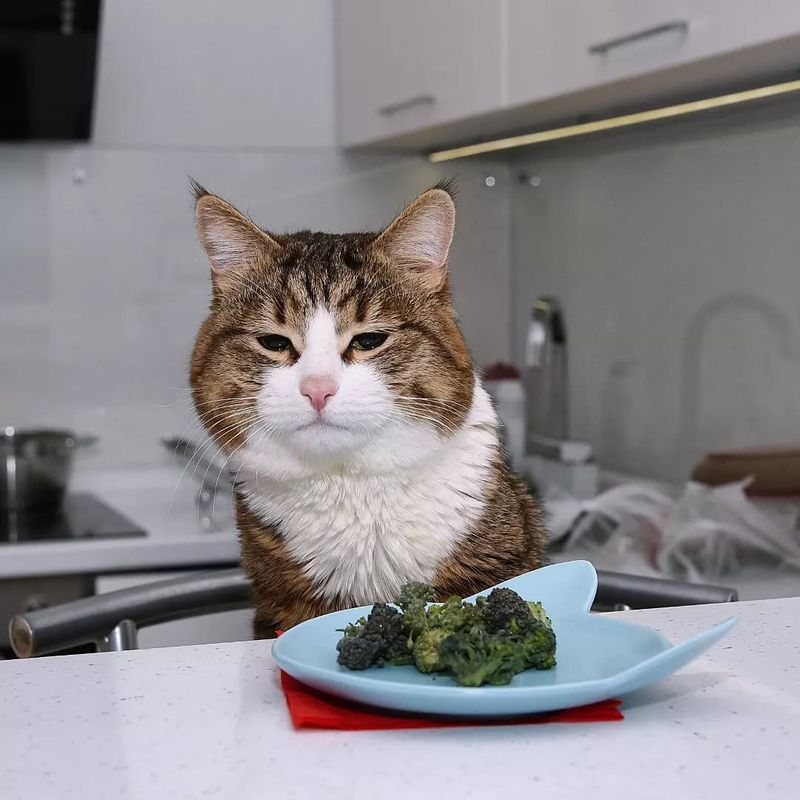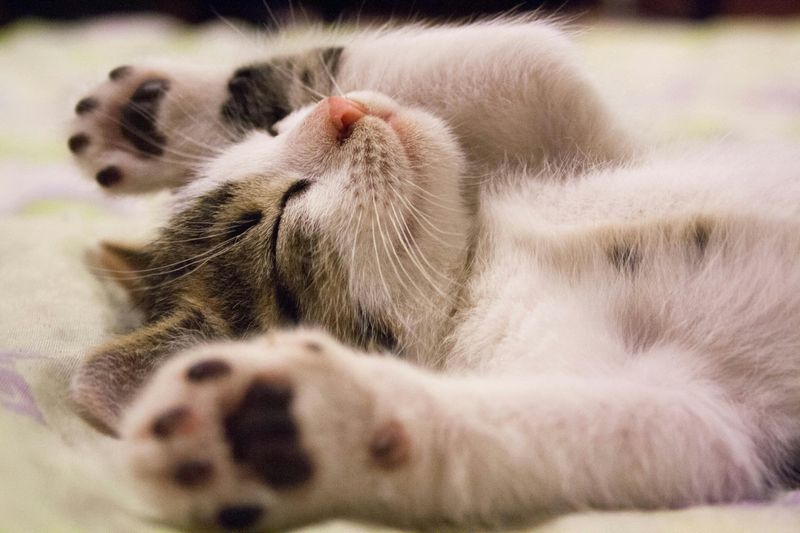📖 Table of Content:
Cats may rule the internet, but they still manage to keep us guessing in real life. One minute they’re purring in your lap, the next they’re bolting from a room like it’s haunted. Why? Because feline preferences are as unique and mysterious as the cats themselves.
Whether you’re a seasoned cat parent or just starting to decode your furball’s quirks, understanding what makes them tick is key to keeping them happy—and avoiding those icy glares. From oddly specific things they adore to the sights and sounds they despise (spoiler: your vacuum is their mortal enemy), this list will help you get one step closer to speaking “cat.”
Let’s dive into the top 10 things cats love—and hate—that may surprise even the most devoted cat lovers.
1. Love: Catnip Magic
Most cats go absolutely bonkers for catnip! This herb contains nepetalactone, a compound that triggers a euphoric response in many felines. When cats smell it, they might roll around, purr loudly, or become super playful.
Not every cat responds to catnip though – about 30% of cats don’t react at all. The sensitivity is inherited, so if your kitty seems unimpressed, blame their genes! The effect usually lasts about 10 minutes before your cat becomes temporarily immune for about 30 minutes.
For maximum enjoyment, store catnip in an airtight container in the freezer to keep it fresh and potent for your furry friend.
2. Love: Sunny Window Perches
Cats are solar-powered creatures who absolutely adore basking in warm sunbeams. A window perch offering both sunshine and a view of the outside world is basically cat heaven. Your feline will spend hours watching birds, squirrels, and neighborhood activity.
Window perches also satisfy your cat’s natural instinct to be in elevated positions. From up high, they feel safe while surveying their territory. Many cats will rotate through sunny spots throughout the day as the sun moves.
Consider installing a dedicated window shelf or placing a cat tree near a sunny window to create this perfect lounging spot for your sunshine-loving companion.
3. Love: Gentle Chin Scratches
The sweet spot for many cats is right under their chin. This area contains scent glands that, when rubbed, help spread their scent and mark you as part of their trusted circle. Many cats will push their heads against your hand, practically begging for chin attention.
Cats can’t easily reach this spot themselves, making your scratches extra appreciated. The chin area also has fewer nerve endings than sensitive areas like the belly, so it’s generally a safe place to pet even less sociable cats.
Next time your cat approaches, try offering a gentle finger under the chin – that tilted head and loud purr means you’ve found feline bliss!
4. Love: Gentle Rain Sounds
Many cats find the soft patter of raindrops incredibly soothing. The gentle, consistent rhythm creates white noise that can calm anxious kitties and help them relax. You might notice your cat napping more deeply during rainy days.
This preference likely stems from cats’ wild ancestors who would rest during rainfall when hunting wasn’t practical. Some cat owners play rain sounds when they’re away to help ease separation anxiety or during thunderstorms to mask scary noises.
If your cat seems stressed, try playing gentle rainfall sounds and watch how they respond – many cats will curl up and drift into peaceful sleep within minutes.
5. Love: Cardboard Hideaways
Forget expensive cat furniture – most cats are absolutely wild about simple cardboard boxes! These humble containers satisfy multiple cat instincts at once. The enclosed space makes them feel protected from potential threats and provides thermal insulation.
Boxes also offer excellent ambush opportunities for playful cats. Your feline friend can hide inside, then pounce on toys, other pets, or even your feet as you walk by. The cardboard material is also perfect for claw-sharpening and provides a satisfying texture for scratching.
For extra cat appeal, place boxes in warm, quiet areas of your home and add a soft blanket inside to create the ultimate feline retreat.
6. Hate: Citrus Nightmare
Cats absolutely detest citrus scents! Lemons, oranges, grapefruits and limes contain compounds that smell pleasant to humans but are overwhelming and offensive to feline noses. Their sensitive smell receptors find these scents extremely potent and unpleasant.
This natural aversion can actually be useful for cat owners. Citrus-scented sprays or peels can help keep cats away from houseplants, furniture, or areas you’d prefer they avoid. Many commercial cat repellents use citrus as their active ingredient for this very reason.
If your cat keeps scratching furniture, try rubbing orange peel on the area or using a citrus-based spray as a humane deterrent that won’t harm your pet.
7. Vacuum Cleaner Terror
The roaring monster known as your vacuum cleaner ranks high on most cats’ fear lists. The combination of loud noise, strange appearance, and unpredictable movement triggers a cat’s flight response. Many cats will dash under beds or leap onto high surfaces the moment you reach for the vacuum.
This fear makes evolutionary sense – in the wild, loud noises often signal danger. The vacuum’s suction and vibration also create low-frequency sounds that cats can feel through their sensitive paw pads, making the experience even more frightening.
To reduce vacuum stress, try providing a safe retreat in another room and consider using treats to create more positive associations with cleaning time.
8. Hate: Forced Belly Exposure
While some cats enjoy brief belly rubs, most absolutely hate being held on their backs with their stomachs exposed. This position makes cats feel extremely vulnerable since it exposes their vital organs and limits their ability to escape quickly if threatened.
When a cat voluntarily shows you their belly, it’s a sign of trust – not necessarily an invitation to touch. The stomach area contains sensitive nerve endings, and many cats will instinctively protect this region with their claws and teeth if they feel trapped.
Instead of flipping your cat over, respect their boundaries by focusing on petting areas they clearly enjoy, like behind the ears or along the back where they can’t reach easily.
9. Medicine Time Misery
Cats are masters at detecting medication, no matter how cleverly you try to hide it. Their powerful sense of smell allows them to detect even tiny amounts of medicine in their food or treats. The bitter taste of most medications only adds to their resistance.
Even worse than the taste is the handling required for medication. Being restrained, having their mouth forced open, or experiencing the discomfort of ear drops or eye ointments creates negative associations that can last for days. Many cats will run at the mere sight of a pill bottle or dropper.
Ask your vet about flavored medications or specialized treats designed to hide pills to make medicine time less stressful for both of you.
10. Hate: Sudden Loud Noises
Cats have incredibly sensitive hearing that makes sudden loud sounds absolutely unbearable. Thunderstorms, fireworks, dropped pots, and even loud sneezes can trigger a fear response in most felines. Their ears can detect sounds at higher frequencies than humans or even dogs.
When startled by noise, a cat’s pupils dilate, their fur stands on end, and it may freeze or bolt for safety. This reaction stems from their natural instincts as both predator and prey in the wild, where unusual sounds could signal danger.
Creating a quiet, safe space with background noise like a fan or soft music can help cats cope during noisy events like parties, construction, or holiday celebrations.
